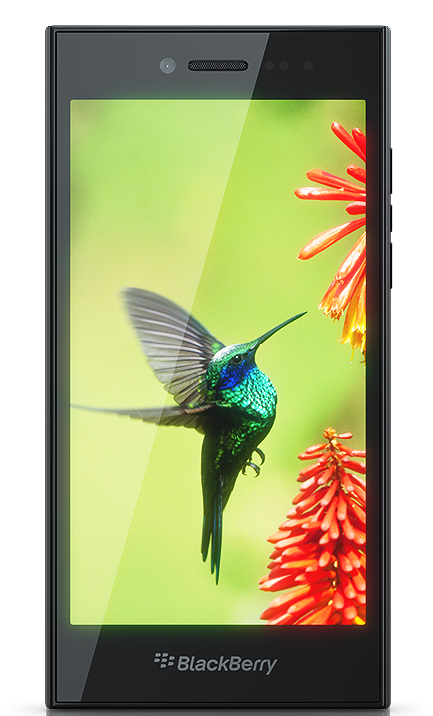BlackBerry has taken a major step in its evolution as a company by opening up its productivity and security software and solutions to other mobile platforms, while at the same time reaffirming its commitment to the handset market by launching a new smartphone.
The Waterloo, Ont.-based smartphone and enterprise mobility services vendor kept its feet firmly in two worlds in a series of announcements at Mobility World Congress in Spain this week.
On the one hand, BlackBerry took a major step deeper into the enterprise mobility services space with the launch of the BlackBerry Experience Suite, which will bring BlackBerry’s productivity, communication, collaboration and security software solutions to iOS, Android, and Windows devices.
Three bundles will be available for purchase by users later this year:
- BlackBerry Productivity Suite: Includes cross-device message and document management and editing and the messaging hub to integrate email, text, BBM and social messages in one place.
- BlackBerry Communication & Collaboration Suite: Includes meeting, WiFi voice calling, video chat and an integrated calendar for cross-team collaboration and cross-device document viewing and editing.
- BlackBerry Security Suite: Includes secure encryption and privacy controls for malware and data theft protection and containerization to separate and securely manage work and personal messages.
“BlackBerry’s core values of security and productivity are more in demand than ever – as we demonstrated with the successful expansion of BES12 and BBM to other platforms,” said BlackBerry CEO John Chen, in a statement. “Flexibility without compromise is what current and former BlackBerry users tell us time and again they want from their mobile device. They want BlackBerry’s legendary security and core productivity and collaboration capabilities while still being able to choose a device that matches their lifestyle and personality.”
It continues a strategic shift for BlackBerry, which had viewed its security solutions, and tools such as BBM, as competitive differentiators that could help drive customer stickiness for its smartphones. With its narrowed focused on the business market however, BlackBerry may now see the revenue potential of bringing its BlackBerry Experience Suite to other vendors as more compelling. Chen added they’ll continue to look for more opportunities to broaden its software footprint.
“Our goal is to be wherever our users need and want us, with our software suites, whether that’s on an iPhone or a BlackBerry Classic,” said Chen.
Which isn’t to say BlackBerry is getting out of the hardware business. It’s a point the vendor sought to underscore Tuesday by launching a new smartphone – the BlackBerry Leap. While its last few new models have been built around its classic Qwerty keyboard, the Leap Is an all-touch model with a 5” HD display.
“In today’s mobile world – influenced by trends like BYOD – where personal and corporate data are frequently under attack from hackers, companies and everyday consumers are finding out the hard way that mobile security is paramount,” said Ron Louks, president of devices and emerging solutions with BlackBerry, in a statement. “BlackBerry Leap was built specifically for mobile professionals who see their smartphone device as a powerful and durable productivity tool that also safeguards sensitive communications at all times.”

The Leap features BlackBerry’s security suite, up to 25 hours of battery life and the BlackBerry 10.3.1 OS, including BlackBerry Blend, BlackBerry Assistant and access to both the Amazon and BlackBerry World app stores. It comes with 16GB of storage and an 8MP main camera. No carrier or pricing information is as yet available.
